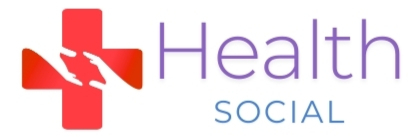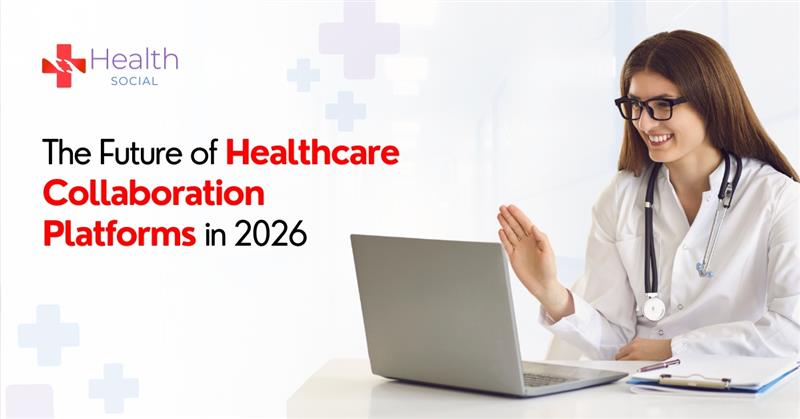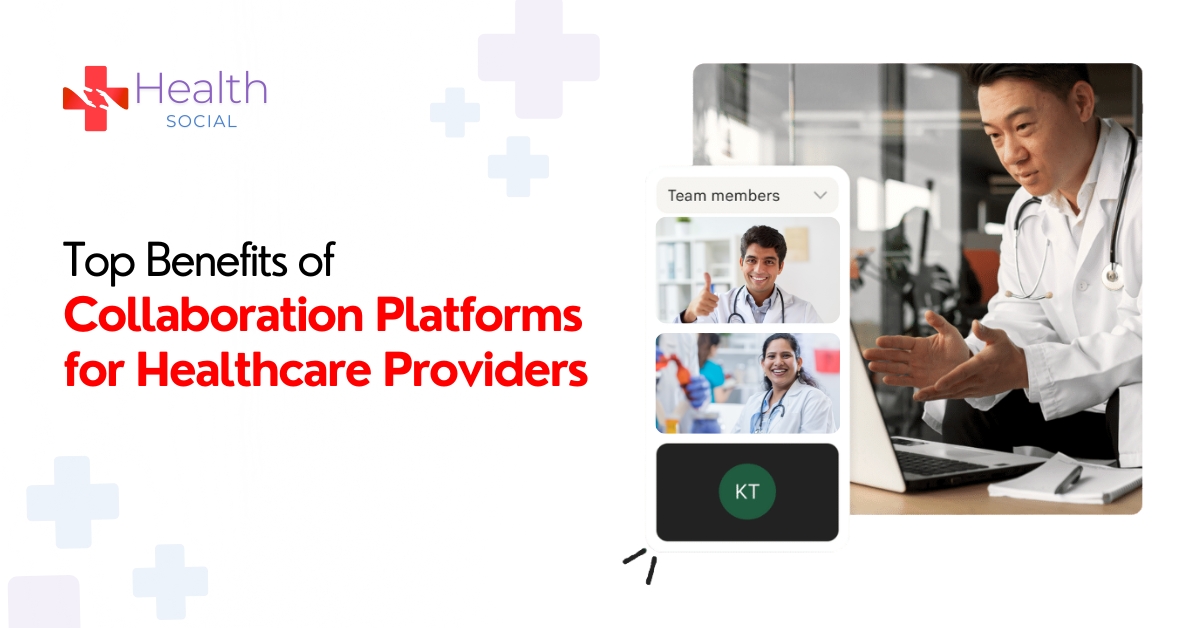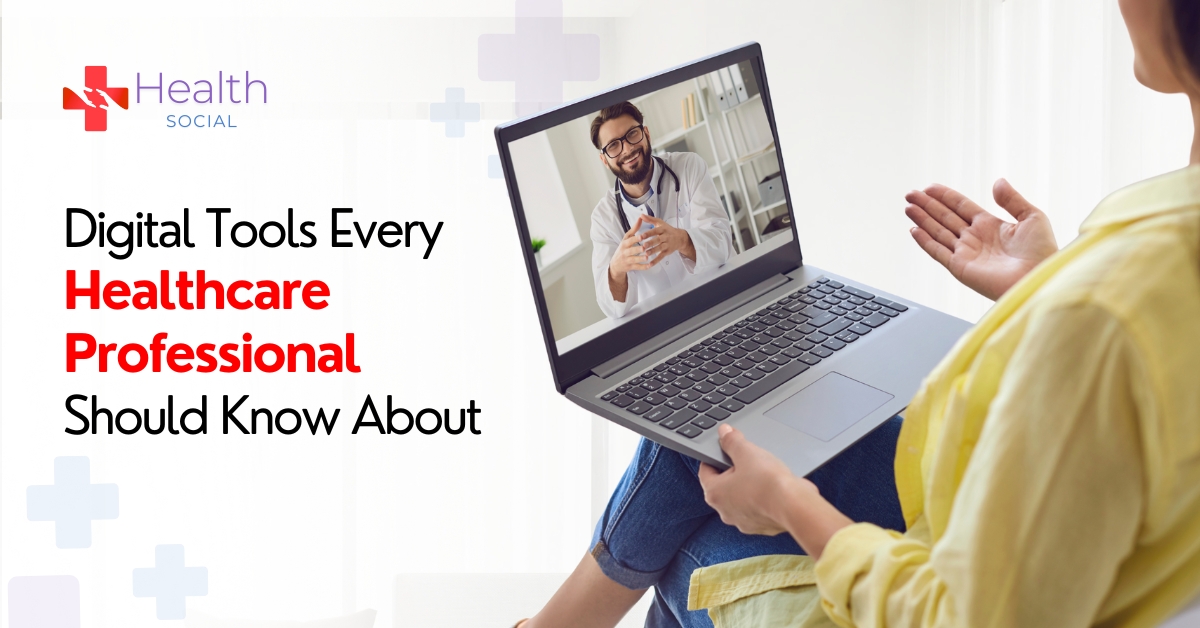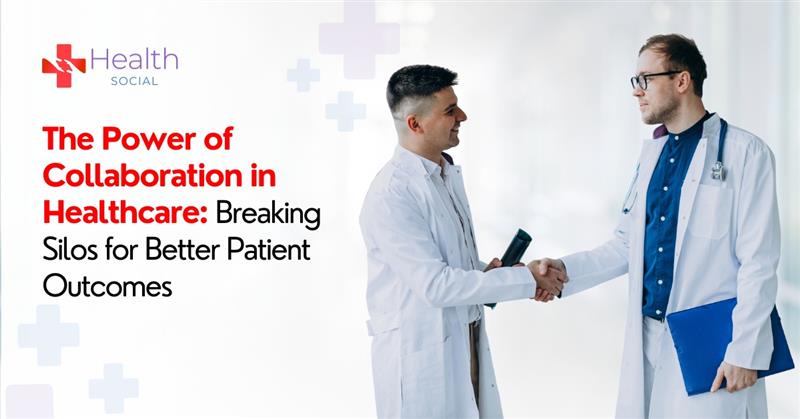The way healthcare professionals, patients, and pharmaceutical companies connect is evolving, which is why digital platforms are playing an increasingly important role. Healthcare collaboration platforms are making it easier for medical professionals to exchange ideas, patients to find support, and pharma companies to collaborate on research. Whether a doctor needs expert advice, a patient is looking for a support group or a pharmaceutical company wants to work with researchers, Health Social platforms are creating stronger, more connected healthcare communities. Since technology is shaping the future of healthcare, it is important to understand how this digital transformation is improving medical interactions.
Strengthening Healthcare Collaboration
Better collaboration among healthcare professionals is one of the biggest advantages of Health Social platforms. Since effective teamwork is essential for accurate diagnosis and better treatment outcomes, doctors, researchers, and specialists must be able to share knowledge instantly. A healthcare collaboration platform ensures that medical professionals can exchange ideas, discuss complex cases, and stay updated on the latest medical advancements.
- Doctors and surgeons can consult with peers across the world so that they develop better diagnoses and treatment strategies.
- Hospitals and research institutions can work together on breakthrough medical studies so that new treatments reach patients faster.
- Pharmaceutical companies can partner with healthcare professionals so that drug testing and development happen more efficiently.
When communication barriers are removed, healthcare professionals gain the ability to provide better patient care, which is why Health Social is becoming such a valuable tool.
Connecting Medical Professionals Globally
A strong medical professional network is not only helpful for career growth but also essential for improving patient outcomes. Doctors, nurses, and healthcare experts rely on these networks so that they stay informed about advancements in medicine. Health Social platforms provide several ways for professionals to connect and expand their knowledge.
- Experts exchange insights on new medical trends and emerging healthcare technologies so that best practices are shared across the industry.
- Virtual conferences and webinars allow professionals to enhance their expertise while interacting with peers.
- Specialized groups focused on cardiology, oncology, orthopaedics, and other medical fields bring professionals together so that they can discuss new treatments and medical research.
Since medicine is constantly evolving, it is important for healthcare professionals to keep learning, which is why these digital networks are so valuable.
Enhancing Pharma Companies Networking
Pharmaceutical companies play a crucial role in healthcare, which is why collaboration with doctors and researchers is essential for developing new treatments. Since networking helps speed up drug development, Health Social platforms allow pharmaceutical companies to work more efficiently with healthcare professionals.
- Doctors and researchers provide real-world insights so that new medications are tested and improved more effectively.
- Clinical trials become more organized since hospitals and healthcare institutions can coordinate with pharma companies.
- Pharmaceutical firms form partnerships with government agencies and healthcare startups so that medical innovations reach patients sooner.
Since strong partnerships lead to better medical advancements, Health Social makes it easier for pharmaceutical companies to develop treatments that benefit both patients and healthcare providers.
Empowering Healthcare Professionals Through Knowledge Sharing
Access to reliable medical information is one of the most important factors in improving healthcare outcomes, which is why Health Social platforms provide digital tools that help healthcare professionals stay informed.
- Research papers, case studies, and expert opinions are easily accessible so that doctors can make more informed treatment decisions.
- AI-driven insights help medical professionals analyze patient data so that they provide better care.
- Interactive Q&A sessions and live discussions with top medical experts allow professionals to ask questions so that they gain real-world knowledge from experienced specialists.
Since better access to knowledge leads to better healthcare, these platforms help professionals stay at the forefront of medical advancements.
Building Supportive Patient Communities
Healthcare is not only about doctors and hospitals but also about patients who need support, which is why Health Social platforms are helping create safe spaces where individuals can connect with others facing similar challenges.
- People join disease-specific communities so that they can share experiences, advice, and emotional support.
- Those struggling with mental health issues find support groups where they can connect with others who understand their struggles.
- Patient advocacy programs spread awareness and provide resources so that individuals have access to the help they need.
Since dealing with a health condition can often feel isolating, having a strong support system makes a huge difference in a patient’s journey.
Fighting Misinformation with Verified Medical Insights
One of the biggest problems in healthcare today is the spread of false medical information, which is why Health Social platforms play an important role in ensuring that people receive accurate and trustworthy health advice.
- Fact-checked health news from reliable sources is promoted so that patients and professionals stay well-informed.
- Verified medical professionals actively debunk myths so that misleading treatments and false claims are not spread.
- Awareness campaigns on vaccine safety, chronic disease management, and mental health are conducted so that people receive scientifically backed information.
Since misinformation can be dangerous, Health Social platforms ensure that both patients and medical professionals have access to accurate, evidence-based healthcare knowledge.
Expanding Telemedicine and Remote Healthcare
Since many people struggle to access medical care due to location or mobility issues, telemedicine is becoming more important so that healthcare is available to more individuals. Health Social platforms help bridge the gap between patients and doctors, making medical consultations more convenient.
- Virtual consultations allow patients to receive medical advice so that they do not have to travel long distances.
- Mobile health apps offer symptom checks and medication reminders so that patients stay on top of their health.
- Digital healthcare directories help individuals find nearby clinics and specialists so that they know where to seek medical help.
Since healthcare should be accessible to everyone, digital platforms make it easier for people to get the medical attention they need, regardless of where they live.
Encouraging Preventive Healthcare Practices
Many people only visit the doctor when they feel unwell, which is why preventive healthcare needs to be encouraged more actively. Health Social platforms help promote wellness and disease prevention by spreading awareness through educational campaigns.
- Regular screenings for cancer, diabetes, and heart disease are encouraged so that early detection improves survival rates.
- Vaccination drives are promoted so that communities stay protected from infectious diseases.
- Fitness and nutrition programs provide guidance on maintaining a healthy lifestyle so that chronic illnesses are prevented.
Since prevention is always better than treatment, these platforms play a crucial role in helping people stay healthy.
Health Social, the platform, is changing the way people interact in the medical field so that collaboration, networking, and knowledge sharing become easier and more effective. Whether doctors are seeking expert advice, patients are looking for support, or pharmaceutical companies are working on medical advancements, these digital tools are making healthcare more connected.
Since technology is continuously evolving, the healthcare industry must adapt so that professionals and patients can benefit from these advancements. The future of healthcare is digital, which means stronger connections, better communication, and improved medical care for everyone.
